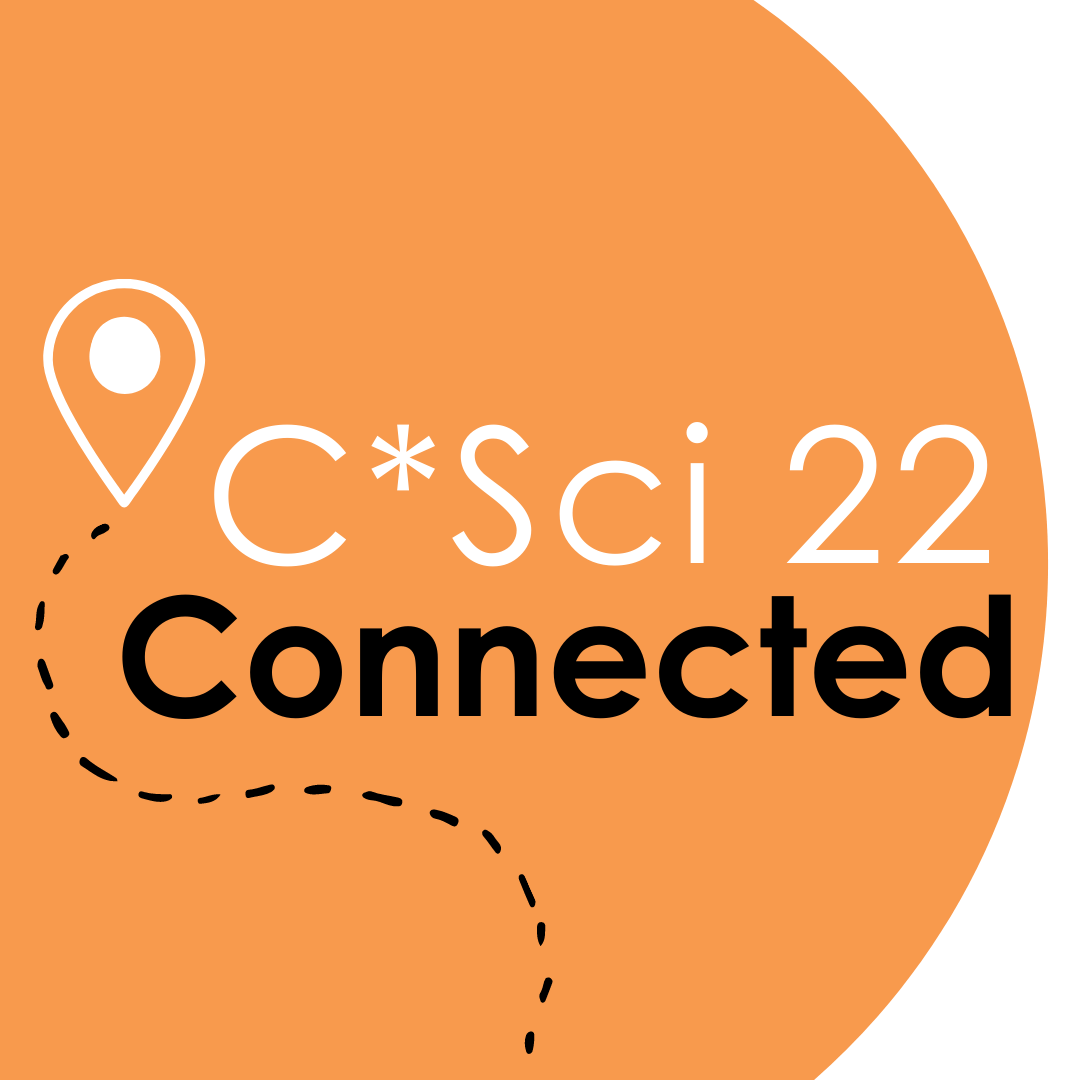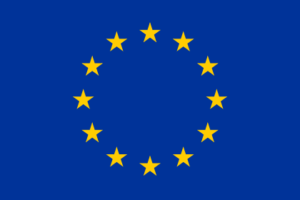We are excited to announce that we will participate in the #C*Sci22 conference which will take place on May 23-26, online. Science for Change will represent the Consortium and present a digital poster aiming to provide an overview of the paths and strategies which have been implemented to ensure inclusiveness and diversity from the very onset of our Citizen Science Initiatives (CSIs). The CSIs have been in fact supported through a scoping exercise, led by Science for Change, which has prepared their implementation. The ultimate goal of this exercise has been supporting the CSIs in aligning their processes and outputs to the societal context in which they are inserted, by ensuring different levels of stakeholders’ participation.
The digital poster provides an overview of our project, to then deep dive into the guiding principles that have been relevant to us in order to ensure diversity in our approach. The CSIs, in fact, will result in novel means of social inclusion by engaging in their research a variety of stakeholders and citizens of different ages, genders, income, nationalities. Furthermore, Step Change will lead to innovations that meet the needs of disadvantaged population groups. Three out of five CSIs are in fact targeting disadvantaged people and communities. Firstly, NIHR is addressing obese people; secondly, UNITOV is working with old and immunocompromised individuals; and thirdly, ARUWE is developing its project in poor and rural communities who do not have access to power grid, in Uganda.
The #C*Sci22 online conference is organised by the Citizen Science Association (CSA), a member-driven organization that connects people from a wide range of experiences around one shared purpose: advancing knowledge through research and monitoring done by, for, and with members of the public. Citizen science is expanding the reach, relevance, and impact of science in almost every area of inquiry, in the field and online, through local and global efforts. With increased attention to citizen science, CSA brings depth to how citizen science is understood both as public engagement and as research, and shines a light on the integrity and complexity of the practice.
More information about the conference can be found here.


